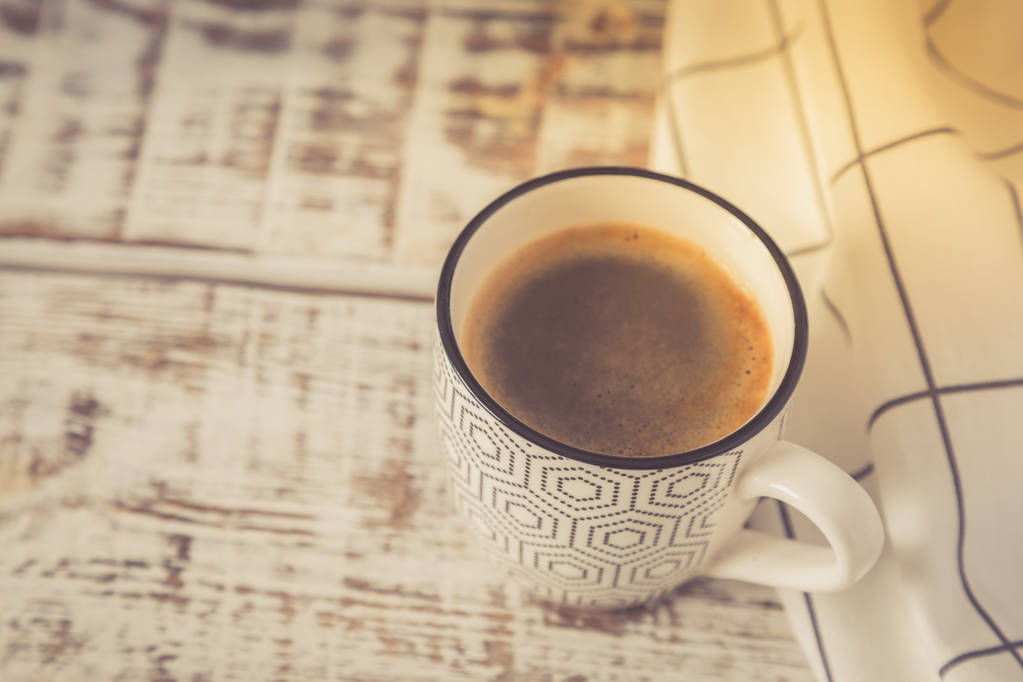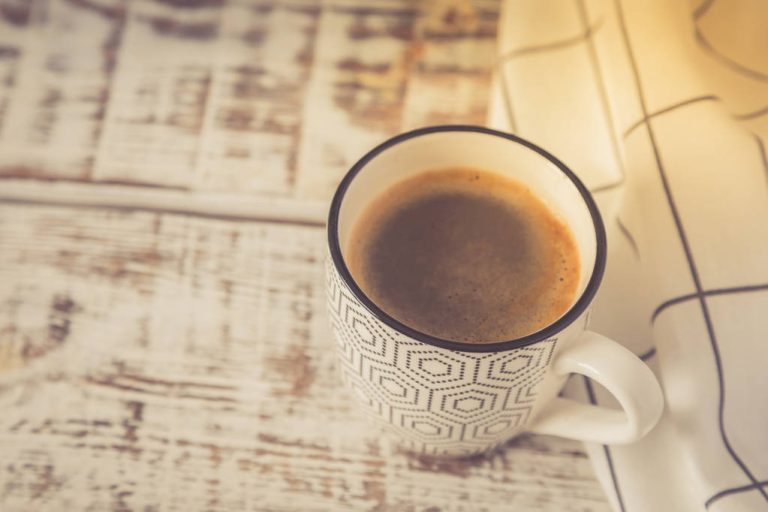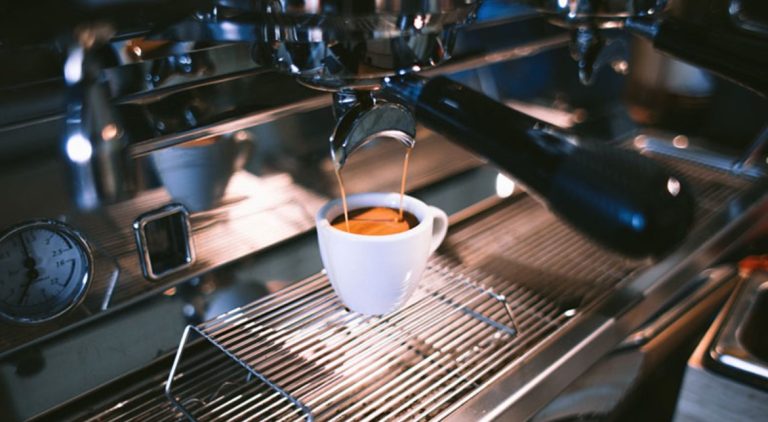Enjoying coffee is part of a good start to the day. The stimulating effect of caffeine helps to overcome a performance slump. Caffeine, on the other hand, can also have dangerous side effects. Many do not even know how many cups they can safely drink with the capsule coffee machine or the coffee filter machine. It is just as dangerous as enjoying too many cups of coffee powder in the coffee filter machine. So you quickly consume more caffeine than is digestible. Every German consumes around 200 milligrams of caffeine every day through the consumption of coffee and other caffeinated beverages.
Making with a coffee filter machine or capsule coffee machine – which coffee contains more caffeine

You have probably already wondered whether the coffee from the coffee filter machine or the capsule coffee machine contains more caffeine. You cannot taste the caffeine content of a coffee. If the taste is perceived as strong, this has to do with the degree of roasting of the grind. The longer the beans are roasted, the more intense and aromatic the coffee tastes. The caffeine content varies depending on the type of coffee and the roast. It is therefore not possible to say in general which coffee contains more caffeine.
That’s how strong the coffee from the coffee filter machine is
100 ml of coffee from the coffee filter machine contains around 64 to 96 mg of caffeine. The values vary greatly depending on which coffee you use and how you dose the coffee. Basically, Arabica varieties have less caffeine than Robusta varieties. The respective degree of roasting also makes a difference here.
Coffee from the capsule coffee machine is a little weaker
With capsule coffee, it can be calculated how much caffeine is contained in 100 ml of coffee from the capsule coffee machine. Capsules contain 5 to 6 g of coffee. Assuming an average fill level of 5.5g with a minimum caffeine content of 1.2% and an efflux rate of 80%, then there is 53mg of caffeine in one capsule. If, on the other hand, you assume the maximum caffeine content of 1.5%, then 100 ml of coffee from the capsule coffee machine has 82.5 mg of caffeine. The average caffeine content is at least 53 and at most 82.5 mg.
Theoretically, the coffee from the coffee filter machine can contain a little more caffeine than the coffee from the capsule coffee machine. However, you will not taste whether the coffee from the capsule coffee machine contains less caffeine.
How to correctly dose coffee in the coffee filter machine
Hosts fear nothing more than the pained face of the guest who doesn’t like the coffee. When preparing with the filter machine, incorrect dosing can quickly happen. That cannot happen to you with the capsule coffee machine. If you dose the coffee powder for the coffee filter machine incorrectly, you not only consume more caffeine than you want, you also drink bitter, undrinkable coffee.
Of course, coffee drinkers who prepare the coffee in the capsule coffee machine do not know the problem of the wrong dosage. Information for the coffee filter machine on the coffee packaging is usually inaccurate and easily misunderstood. The Specialty Coffee Association of Europe recommends using 60 grams of coffee per 1000 ml of water. With this amount, a tasty coffee succeeds with almost all coffee brands in almost every coffee filter machine. If you want to brew a 200 ml cup, you need 12 g of coffee powder for the coffee filter machine. You will find a wide range of delicious, high-quality coffees in the webshop.
So much coffee enjoyment is good and healthy
According to the German Society for Nutrition, you can consume up to 350 mg of caffeine per day without your health suffering. That makes about five cups of coffee from the capsule coffee machine and four and a half cups from the coffee filter machine. Hypothetically, to die from caffeine poisoning, you would need to ingest ten grams of caffeine, which is the equivalent of about 330 espressos. Signs of intoxication occur from as little as one gram of caffeine. Watch out for the typical symptoms, such as insomnia, blurred vision, restlessness and tachycardia. People who have high blood pressure or heart disease should avoid caffeine altogether. In this case, coffee from the capsule coffee machine would also be discouraged. You can also buy decaffeinated coffee and delicious cocoa in the webshop.
Too much caffeine is dangerous
Caffeine is not addictive because there are no strong physical or psychological consequences. In addition, the dose does not have to be increased, as is the case with an addiction. You can get used to the caffeine, regardless of whether you prepare the coffee in the capsule coffee machine or in the coffee filter machine. The mild withdrawal symptoms are noticeable through a headache, which occurs about 12 hours after drinking coffee. Most of the time, these headaches go away completely later.
If you have consumed too much caffeine, insomnia, gastrointestinal complaints, headaches, nervousness and loss of fine motor skills can occur. Anyone who regularly prepares coffee in the coffee filter machine or capsule coffee machine will notice fewer side effects because of getting used to it. If you have consumed more than one gram of caffeine, you have overdosed. This is the case with about 12 cups of coffee from the coffee filter machine or about 14 cups of coffee from the capsule coffee machine. The overdose often leads to an accelerated heart rate, premature heart contractions, insomnia and restlessness. It is also possible that states of anxiety or a circulatory collapse occur.
Safe dosage of caffeine per day

Single doses of up to 200 milligrams, i.e. about 3 mg per kg of body weight, are fine for healthy adults. Daily rations of up to 400 milligrams (5.7 mg/kg body weight) are also considered a safe dose of caffeine. For children, the following values apply for tea, cocoa and chocolate, depending on their age: 0.2 mg (3-10 years) to 1.4 mg (10-18 years) per kg of body weight and day. Sick people and pregnant women should also keep an eye on their coffee consumption and, if in doubt, seek advice from a doctor.






